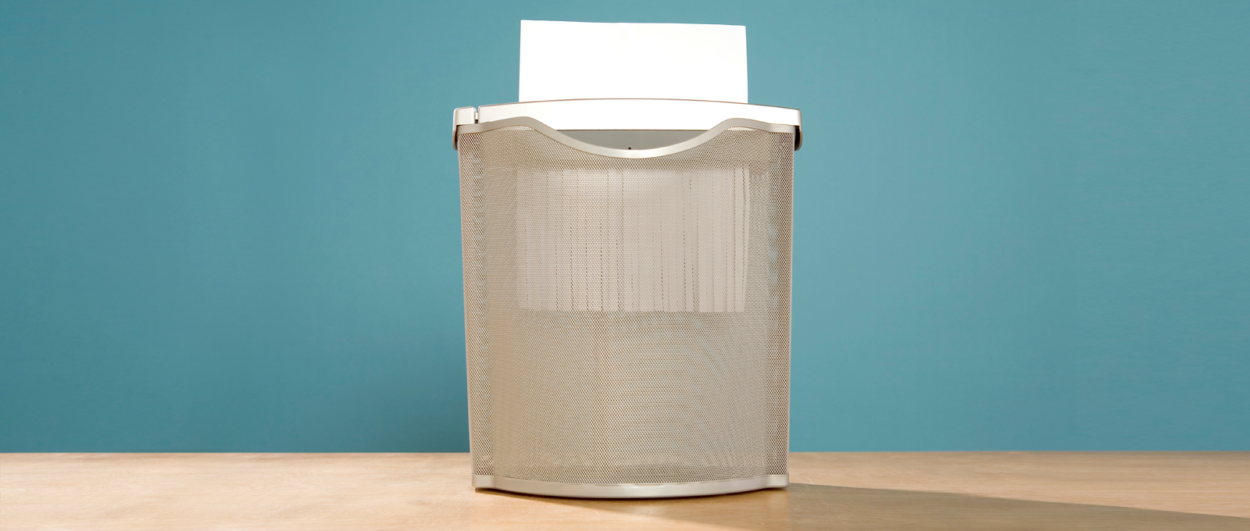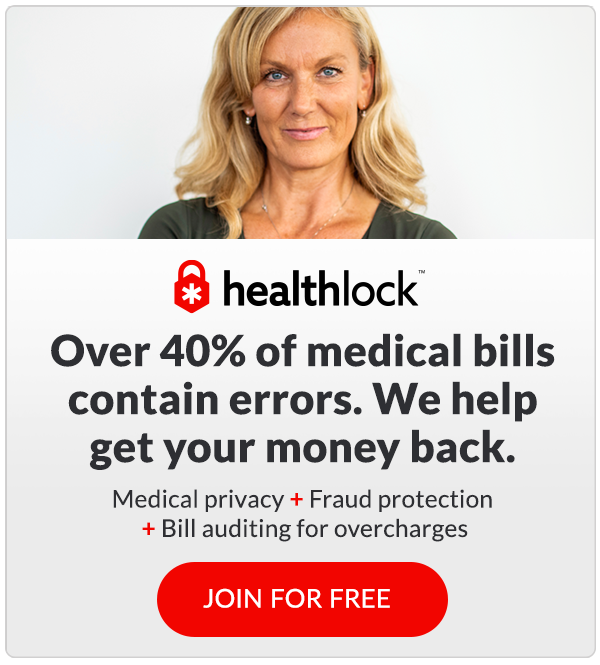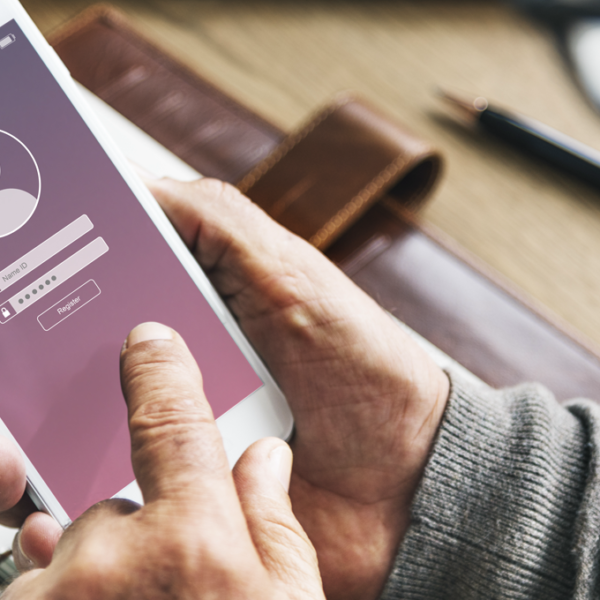The team at HealthLock is dedicated to protecting the security of your medical data. We utilize powerful AI technology to make sure your information is protected, but there are steps that you can take to ensure your data’s protection, too. This brings us to the fourth entry in our Protecting Your Privacy series: properly disposing of your medical records.
In the last two articles in this series, we discussed why you should review your medical records and your medical bills. Assuming everything checks out with them, you still shouldn’t keep these important documents hanging around where anyone can find them. Proper disposal of these records will go a long way in protecting your privacy—here’s why.

Why is it so important to properly dispose of my medical records?
Despite the many technological innovations that have occurred within the medical industry, thieves can still obtain your personal medical information through old-fashioned dumpster diving.
Once your medical files and old prescriptions have been tossed into your trash or recycling bin, they’re out of your control. An enterprising thief rummaging through those bins will be rewarded by all the medical information on them. Remember, the information on your medical files can include:
- Your name and address
- Your doctor’s name
- Your health insurance ID
- Your billing information, including credit cards and bank accounts
- Your health information, including diagnoses, prescriptions, and so on
Once a thief has this information in their hands, they can effectively steal your medical identity, posing as you to get healthcare for themselves or others.
Your prescriptions, if you have any, can also be used by thieves to obtain your medical identity. Your name, prescription information, prescribing doctor, and other identifying data is often located on the labels of prescription bottles, as well as the packaging of any prescription devices you may have.
How do I dispose of my medical records?
The safest way to dispose of your medical records is to destroy them.
We strongly recommend putting all your documentation through the shredder, if you have one. This includes the labels on your prescription bottles and device packaging. If you can’t peel them off to put them through the shredder, take a black permanent marker and blot out all identifying information. You may also consider taking a pin and “scratching” the information out.
The point is to remove all identifying information so even the most enterprising thieves will move on.
How long should I keep my medical records around?
Generally speaking, we recommend keeping your printed documents for no longer than a year—and that’s only if you need them for, say, health insurance or potentially taxes. If you don’t need physical documentation, shred or otherwise destroy your medical records as soon as you have the information you need from them.
If you’re part of the HealthLock family, we have a solution for you. You can scan and store all your medical documents (including bills, receipts, and insurance cards) in a digital locker that is secured on our servers. That way, you can access your documentation whenever you need it while it remains safe from thieves.
Will disposing properly of my medical documents keep me safe?

While destroying medical paperwork will protect you from dumpster-diving thieves, there are still many ways for fraudsters to obtain your medical data. They can access your healthcare information digitally through ransomware breaches, or even through a dropped health insurance card.
You do have a defense against fraudsters who want to use your healthcare information as their own. HealthLock monitors every medical bill and Explanation of Benefits you receive to help make sure you aren’t being overbilled or defrauded. What’s more, if we discover signs of overcharging or fraud, we can help you recover from any damages.
You’re not alone in the fight to protect your medical privacy. Let HealthLock stand beside you every step of the way.





